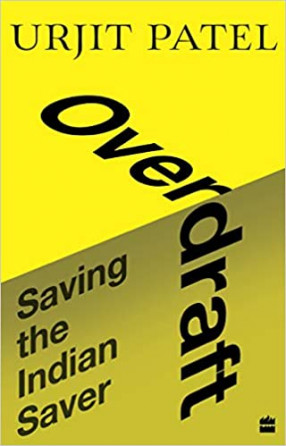Overdraft: Saving the Indian Saver
All of us love to spend. But before we can do that, we have to earn or save enough money to do so. State leaders, though, are the exception they can print or borrow money. In India, where they own banks, they can use citizens deposits to splurge, lend and grant favours to win elections. Many political leaders have succumbed to the temptation, with dire results inflation, debased currency, payments crises, bankrupt banks, economic stagnation, loss of public confidence. After centuries of ruinous experiences, some governments learnt to control themselves, create self-governing central banks and let them manage money and regulate banks. But many havent. Sometime in 2015, news of unsustainable bad debts in the Indian banking sector started to first trickle out, and then became a flood. At the forefront were some of Indias largest government banks, and a series of tycoons who were running their empires on unpaid debts. The banks problems landed on the table of Urjit Patel when he became governor of the Reserve Bank of India in September 2016. Based on thirty years of macroeconomic experience, he worked out the nine Rs which would save our savings, rescue our banks and protect them from unscrupulous racketeers. In Overdraft, he explains the problem and how it blew up and how it could have been solved if he had not been stopped from completing the task.
Get it now and save 10%
BECOME A MEMBER







Bibliographic information